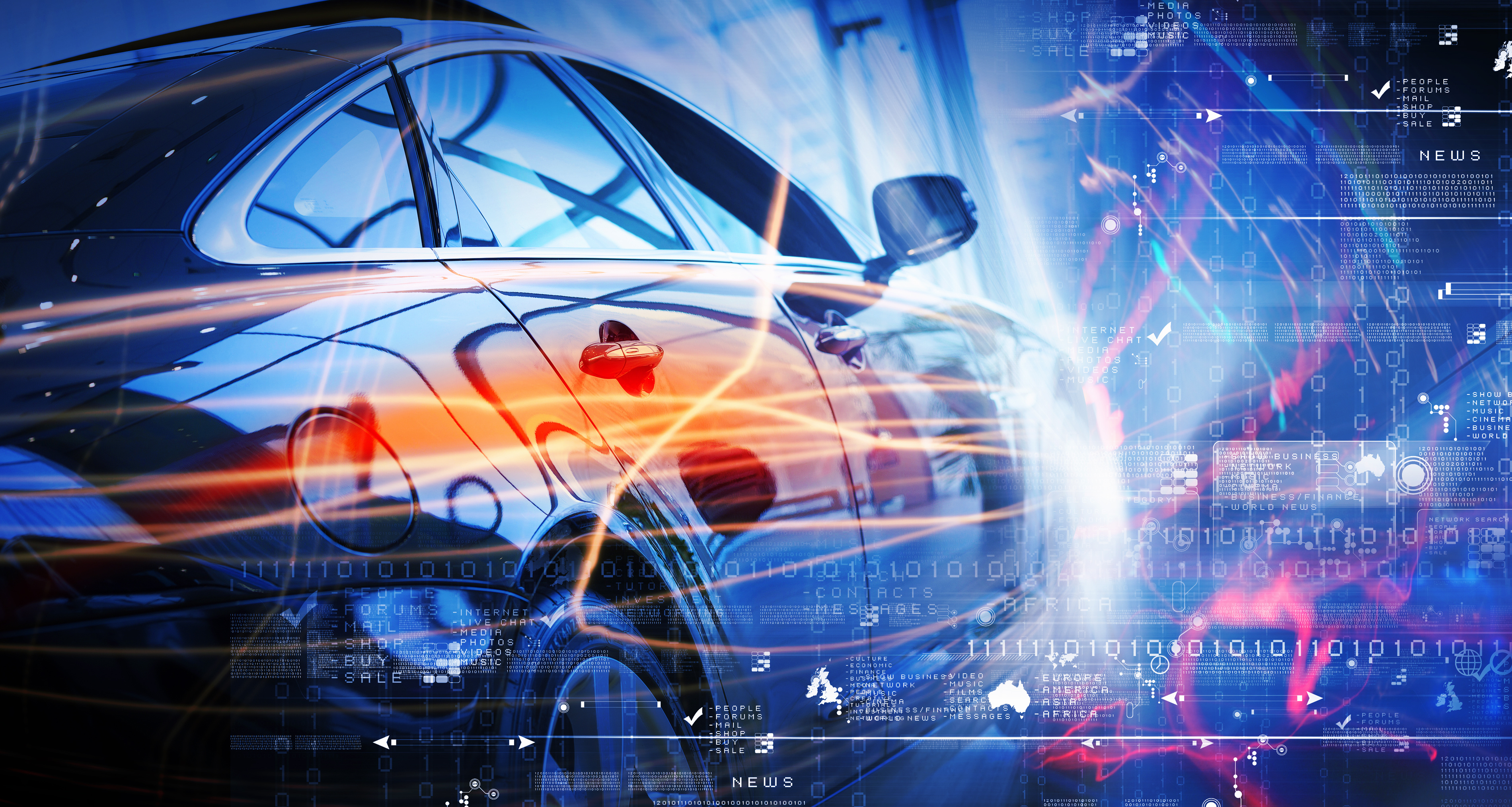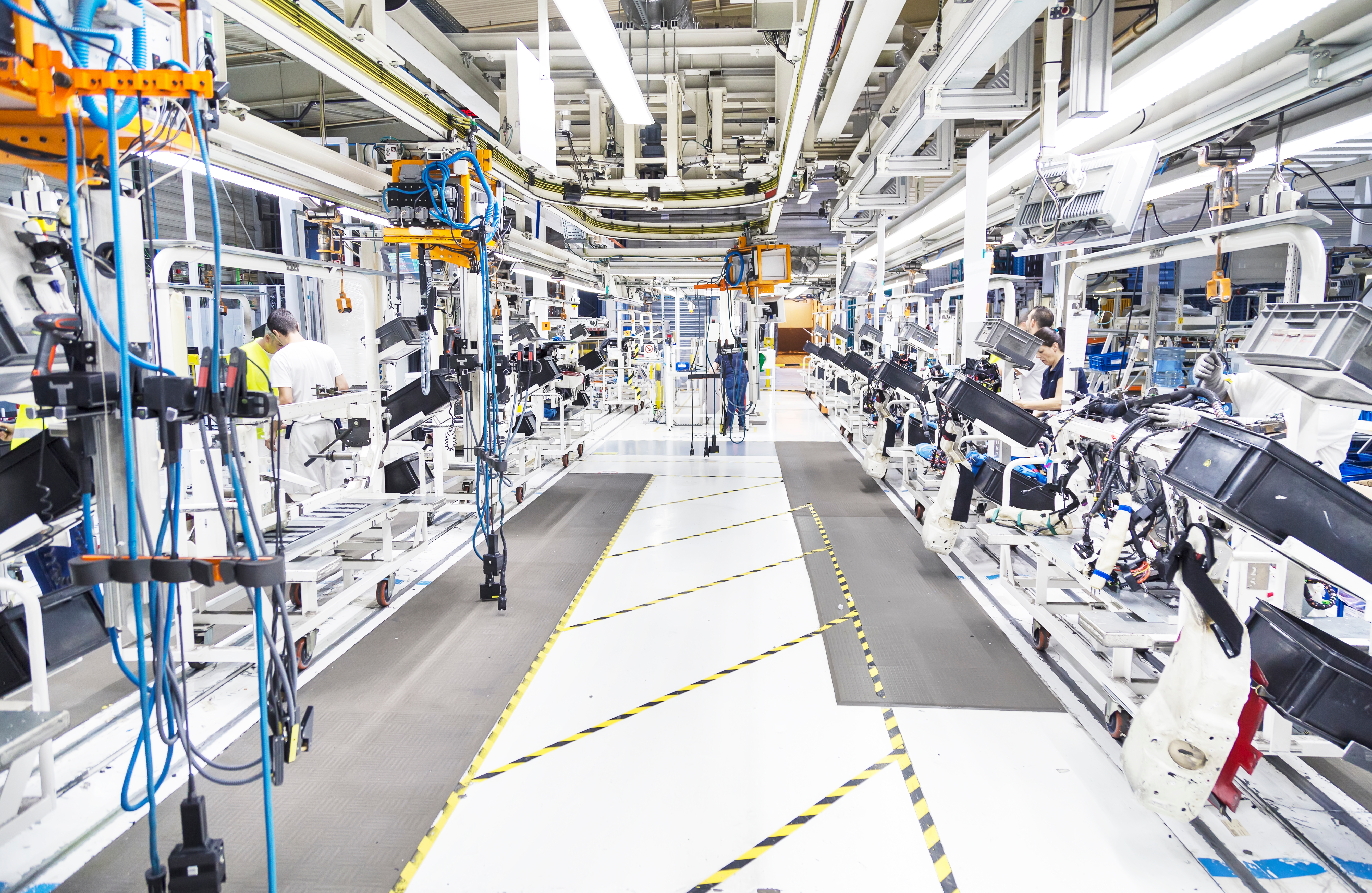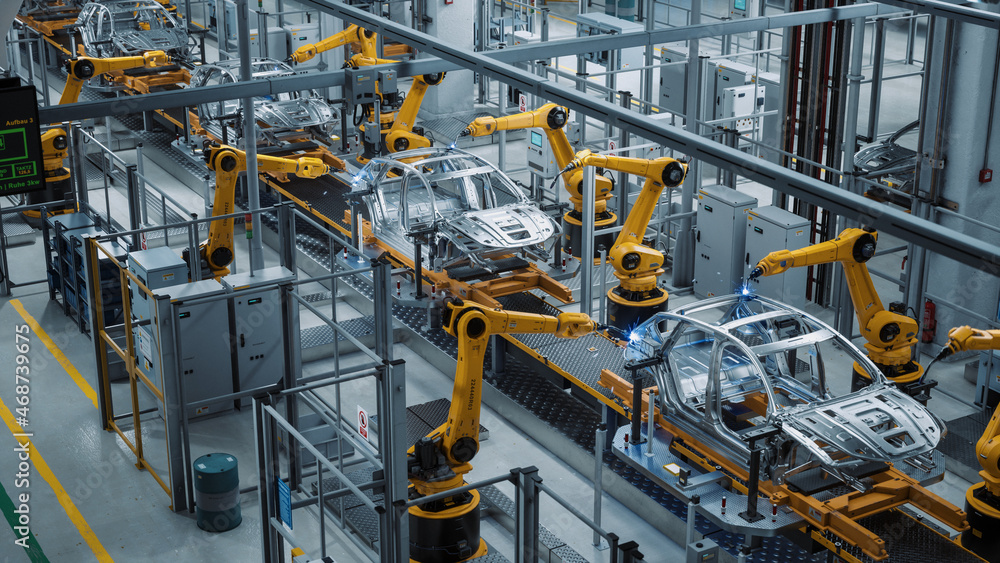Online Buying Process
Before the widespread use of the internet car buyers would simply go to the dealership, speak with a sales person, talk about the cars, and eventually negotiate a deal. The internet has made this process more efficient allowing much of the information to be discovered before stepping foot in a dealership.
Most Millennials grew up with access to the internet and are likely to do the majority of their automotive research online before going to a dealership. According to a Polk automotive study, 82% of millennials used 3rd party websites such as Autotrader to conduct the majority of their online shopping. Another study showed that 25% of Millennials consume the majority of their content on mobile phones compared to just 7% of boomers (Buzzstream x fractl). As a result, Millennials expect to complete much of the buying process online, including speaking with online salesmen.
Financial Stability
Studies have shown that Millennials are buying fewer cars in comparison to baby boomers at the same age. There are a few factors that likely contribute to this disparity. The first is the access to ride sharing services such as Uber and Lyft. Ride sharing services are becoming increasingly popular and are reducing the need for millennials to own their own car. Many Millennials are also dealing with student loan debt making them less inclined to incur additional liabilities. The graphic below displays asset and debt differences between Millennials, Gen X, and Baby Boomers.
As highlighted in the graphic, Millennials are 25k dollars more in debt than baby boomers at the same age. As a result, Millennials are more hesitant to purchase vehicles and are living with parents longer. Living with parents reduces much of the financial burden that comes with renting or owning a home. Living situations have a substantial impact on vehicle demand as well as individual vehicle preference.
Increased Environmental Concern
The pressure for more sustainable environmental solutions on manufacturers and consumers is increasing. More auto manufactures are starting to address concerns with electric vehicles such as Tesla’s Cyber Truck or GMC’s new electric Hummer. Along with automakers, Millennials are tending to have increased environmental concerns. According to a Yale University study 73% of Millennials believed global warming is personally important compared to 63% of boomers. The study also found that Millennials were more likely to donate money and volunteer at organizations focused on global warming. This may persuade some individuals to opt for riding a bike or taking the bus during their daily commute. The increased concern for the environment also impacts the demand and adoption of electric vehicles. More consumers are considering EV’s in order to reduce their own carbon impact. While many Millennials are open to the idea of EV’s, there are still concerns surrounding EV infrastructure.
What does this mean for those is the auto industry? It means automakers will need to make adjustments to cater to the Millennial car buyer. Millennials have different purchasing expectations, tendencies, and problems unique to its generation. Making the online buying process as seamless as possible and modifying advertising strategies will be key adjustments for automakers as Millennials gradually become the majority of auto market purchases.
Insequence Corporation
Insequence is a leading provider of sequencing and manufacturing software solutions. Easily tailored to individual facilities, their software’s modular design can fulfill requirements no matter the size or complexity of the system. This results in a standard sequencing system, SPD Pro that is more complete and capable than any other solution. In addition to just-in-sequence (JIS), Insequence provides MES, Inventory Management, and SCADA solutions.
With experience throughout the Americans and Europe, plus over 20 standard automotive OEM interfaces and 24 x 7 x 365 customer support, Insequence is at the forefront of supply chain software solution providers. As a result, they still work with their original customer from 1996.
GO WITH THE PRO.
GO WITH INSEQUENCE.
The Company That Pioneered End-to-End Manufacturing.










